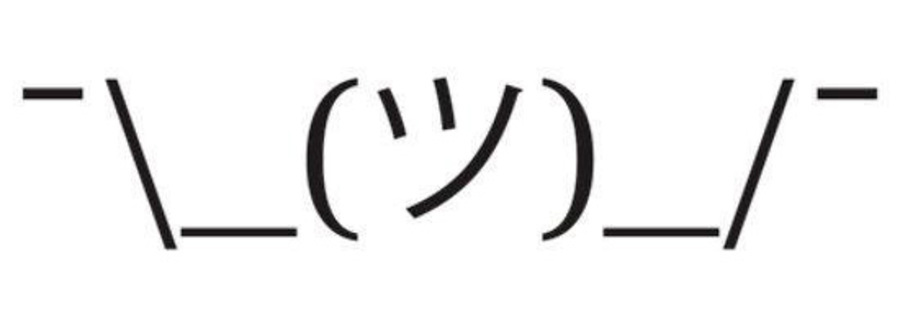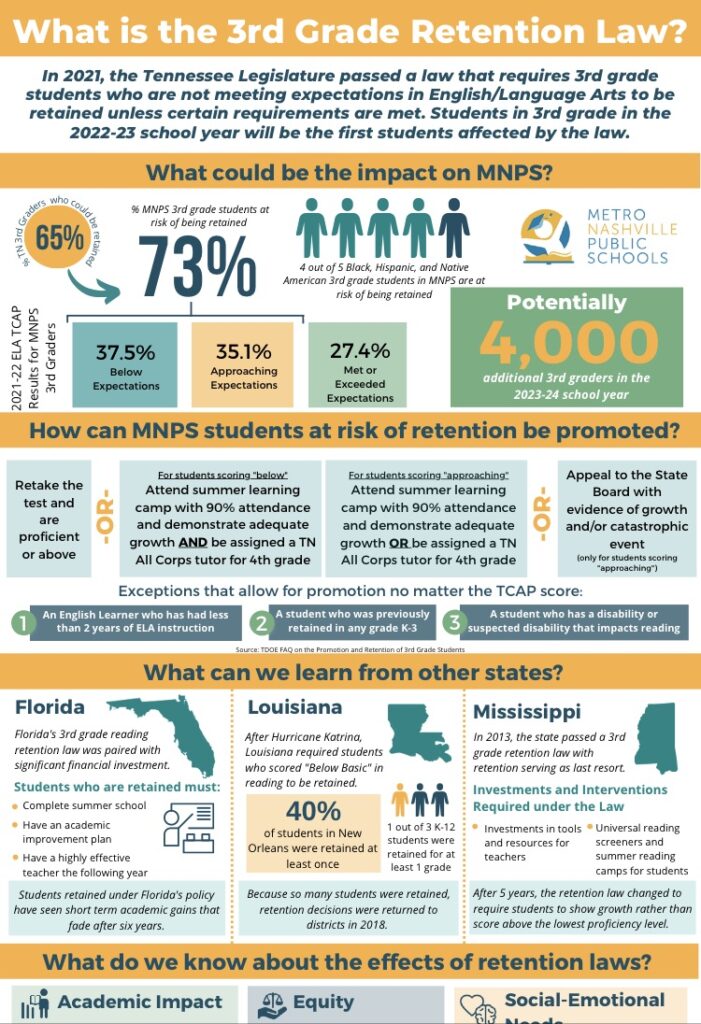It’s TNReady trouble time – an annual event in Tennessee
Ah, yes. It’s that time of year again. The time of TNReady troubles.
This year, of course, the TNReady issue is compounded with a new and ridiculous third grade retention law.
We’ll start there.
As a result of the devastating new law, third grade students who didn’t meet a certain score on the ELA portion of TNReady this year are subject to being held back. To avoid that fate, they can participate in summer school and possibly have a tutor in 4th grade.
If those options don’t work, or they don’t complete summer school, the student will repeat third grade.
Since the test had much higher stakes this year than normal, the TN Department of Education offered the opportunity for students to retake the test if they fell into the score category requiring retention.
Those retakes were set for this week.
Here’s how that went:
My district ran into tech issues today with the 3rd grade retest. Our kids sat for over an hour after trying unsuccessfully to log in.
This type of issue – a technical difficulty with accessing the test – happened in a number of districts across the state.
So, imagine being a third grader at the end of your school year. You find out you have to retake an 85 minute test you’ve already taken. If you don’t do well enough, you have to go to summer school and possibly repeat third grade.
No pressure at all, right?
Then you show up for your retake and you’re ready to go and you have to wait for an hour or two while some tech issues are worked out.
It doesn’t matter that you’ve waited and are now likely extra anxious. This is it.
This test counts. For a lot – especially in the life of a 9-year-old.
Of course, this isn’t the first time TNReady has had problems. In fact, just about every single year the test has been administered, there have been challenges.
This year, many districts did not receive the necessary scores in time to include them in student grades. Here’s how Clarksville-Montgomery County describes the situation:
CMCSS will not include the TCAP/EOC state standardized test results as part of students’ final grades this school year. In accordance with T.C.A. § 49-1-617 and District policy, students’ TCAP scores will not be included in their final spring semester grades if the scores are not received by the District at least five instructional days before the end of the academic year. CMCSS did not receive scores in time.
Although scores will not be included in semester grades, in accordance with state law, the third-grade ELA TCAP score, or retest score, is still being used to determine the pathways to fourth-grade promotion unless a student is exempt from third-grade retention. CMCSS received scores from the state last Friday afternoon and processed through the weekend. Families of students at-risk for retention began receiving communications last Sunday regarding the retest and next steps.
Here’s an update from Sumner County:

So, the scores don’t count for a student’s grades, but they can be used to determine whether or not a student needs to take another test in the last days of the academic year.
Not only are there recurring technical issues with TNReady, it is important to note what the test actually measures:

For more on education politics and policy in Tennessee, follow @TNEdReport
MORE EDUCATION NEWS
Hillsdale Charters and Common Core
An Alternative Plan for Using TN’s $2 Billion Budget Surplus





